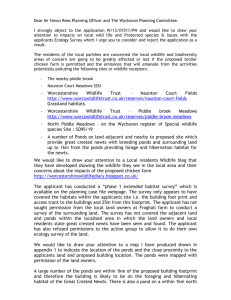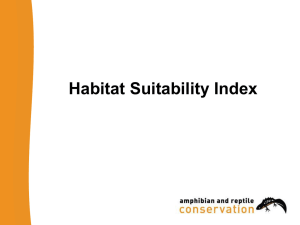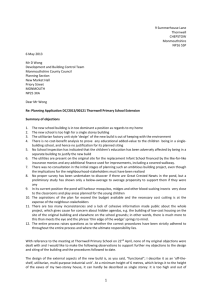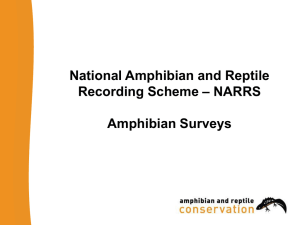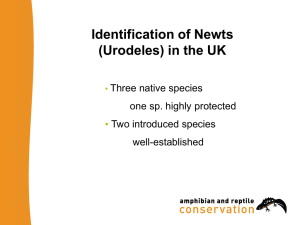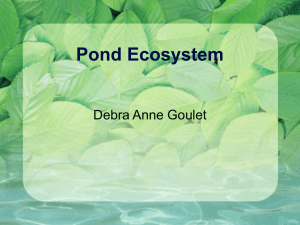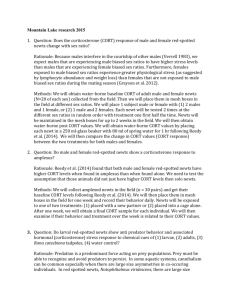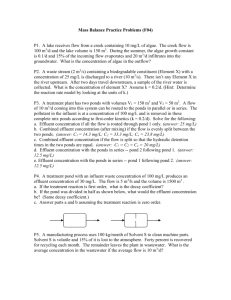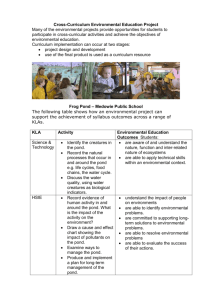Great crested newts: protection and licences
advertisement
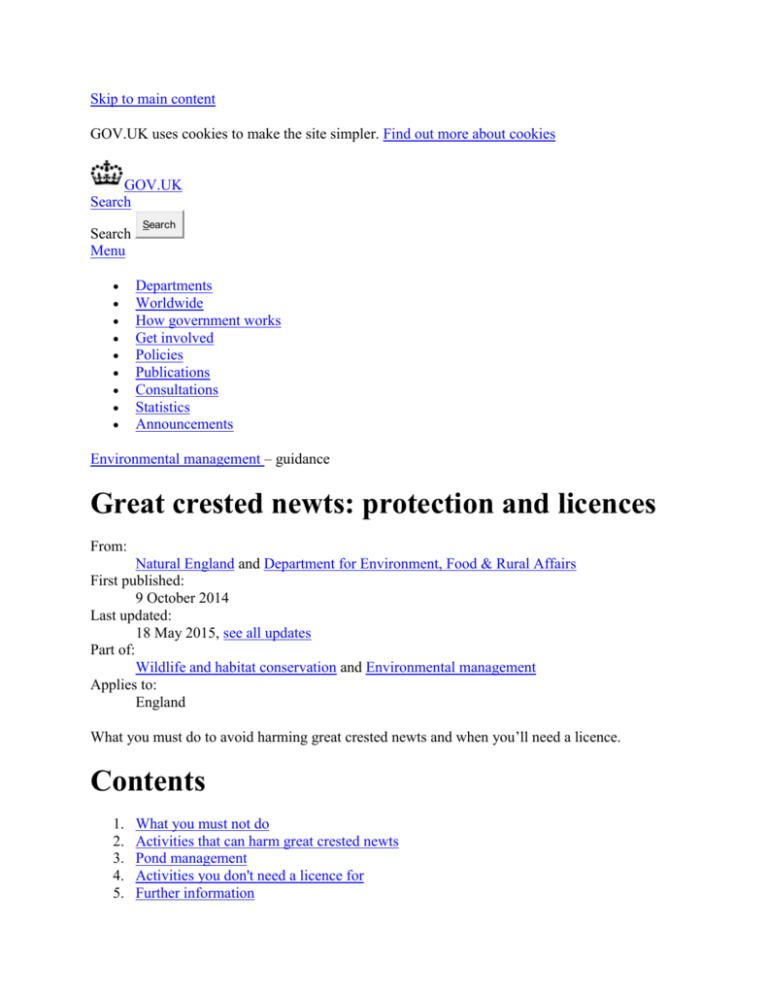
Skip to main content GOV.UK uses cookies to make the site simpler. Find out more about cookies GOV.UK Search Search Menu Search Departments Worldwide How government works Get involved Policies Publications Consultations Statistics Announcements Environmental management – guidance Great crested newts: protection and licences From: Natural England and Department for Environment, Food & Rural Affairs First published: 9 October 2014 Last updated: 18 May 2015, see all updates Part of: Wildlife and habitat conservation and Environmental management Applies to: England What you must do to avoid harming great crested newts and when you’ll need a licence. Contents 1. 2. 3. 4. 5. What you must not do Activities that can harm great crested newts Pond management Activities you don't need a licence for Further information The content on this page is in beta and may be updated frequently. Great crested newts are a European protected species. The animals, its eggs and their breeding sites and resting places are protected by law. You may be able to get a licence from Natural England if you’re planning an activity and can’t avoid disturbing them or damaging their habitats (ponds and the land around ponds). What you must not do Things that would cause you to break the law include: capturing, killing, disturbing or injuring great crested newts deliberately damaging or destroying a breeding or resting place obstructing access to their resting or sheltering places (deliberately or by not taking enough care) possessing, selling, controlling or transporting live or dead newts, or parts of them taking great crested newt eggs You could be sent to prison for up to 6 months and be fined £5,000 for each offence if you’re found guilty. Find out what to do if you’ve seen wildlife crime and how to report it. Activities that can harm great crested newts Activities that can affect great crested newts include: maintaining or restoring ponds, woodland, scrub or rough grassland restoring forest areas to lowland heaths ploughing close to breeding ponds or other bodies of water removing dense vegetation and disturbing the ground removing materials like dead wood piled on the ground excavating the ground, for example to renovate a building filling in or destroying ponds or other water bodies Building and development work can harm great crested newts and their habitats, for example if it: removes habitat or makes it unsuitable disconnects or isolates habitats, eg by splitting it up changes habitats of other species, reducing the newts’ food sources increases shade and silt in ponds or other water bodies used by the newts changes the water table introduces fish, which will eat newt eggs or young increases the numbers of people, traffic and pollutants in the area or the amount of chemicals that run off into ponds In many cases you should be able to avoid harming the newts, damaging or blocking access to their habitats by adjusting your plans. Contact an ecologist for more information about how to avoid harming the newts. If you can’t avoid this, you can apply for a mitigation licence from Natural England. You’ll need expert help from an ecologist: Chartered Institute of Ecology and Environment Management Environmental Data services (ENDS) Directory Find out more about construction that affects protected species. Other licences are available for different activities. Pond management You won’t need a licence for many cases of standard pond management works, but you will need to plan the work well to minimise the risk of deliberate killing, injuring or disturbing newts. By working carefully, you’ll make sure that your pond habitat recovers the following year. Your work should normally be carried out in late autumn through winter, typically between early November to late January, when great crested newts are least likely to be present in ponds. This time period varies per pond because some adults may live in some ponds in winter, or in some cases newts may leave the pond much earlier. If you have to do work in the summer months, eg because of ground conditions, then you’ll almost certainly need a licence. You’ll need to consider the impact of the work on great crested newts before you start pond management. You should survey: the pond to check for great crested newts (or another protected species) the area immediately around the pond to consider whether the work will affect surrounding terrestrial great crested newt habitat You should remember that large machinery can damage habitat and hibernacula. You must not deposit the silt removed from ponds on areas used by great crested newts. You should immediately stop work if you find great crested newts in the pond before or after you start work if you’re doing pond management work without a licence. You should start your work at a different time or do it in a different way to avoid harming the newts. If you can’t avoid harming the newts then you’ll need to get a conservation licence. Activities you don’t need a licence for Activities you can do that wouldn’t break that law include: rescuing a great crested newt if it would die otherwise doing work to a pond during the winter when no great crested newts are likely to be present Further information Identify great crested newts - Amphibian and Reptile Conservation. Great Crested Newt Conservation Handbook Contact your local wildlife trust Back to contents Published: 9 October 2014 Updated: 18 May 2015 + full page history 18 May 2015 11:27am Pond management section added. 29 March 2015 10:45pm Fully updated in consultation with Natural England. 15 December 2014 12:41pm The links for more detail on surveys and mitigation are now higher up in the guide. 9 October 2014 5:01pm First published. From: Natural England Department for Environment, Food & Rural Affairs Help us improve GOV.UK Don’t include personal or financial information, eg your National Insurance number or credit card details. What you were doing Send What went wrong Services and information Benefits Births, deaths, marriages and care Business and self-employed Childcare and parenting Citizenship and living in the UK Crime, justice and the law Disabled people Driving and transport Education and learning Employing people Environment and countryside Housing and local services Money and tax Passports, travel and living abroad Visas and immigration Working, jobs and pensions Departments and policy How government works Departments Worldwide Policies Publications Announcements Support links Help Cookies Contact Terms and conditions Rhestr o Wasanaethau Cymraeg Built by the Government Digital Service Open Government Licence All content is available under the Open Government Licence v3.0, except where otherwise stated © Crown copyright
